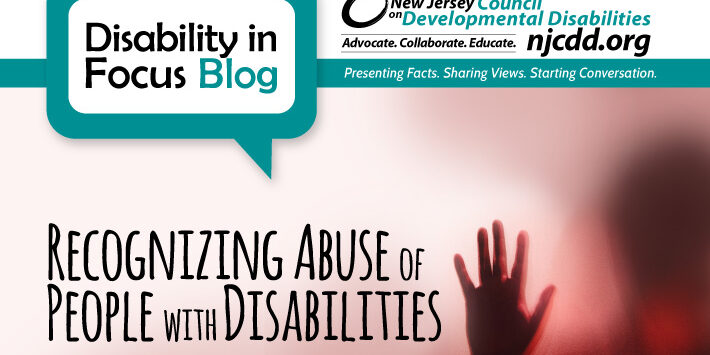By Jeremy Einbinder
One of the more understated struggles of people with disabilities is the fact that we face abuse and neglect disproportionately. Many organizations are trying their best to combat abuse and respond accordingly.
The Treat People Like People campaign, launched out of Minnesota tries to raise awareness of such abuse and neglect and also show people how to identify those instances. The campaign lauds itself on humanizing its subjects, avoiding portrayal of people as “impassive caricatures” and emphasizing that people with disabilities are “fully actualized humans, with voices and dreams of their own.”
In 2018 alone, state and local agencies in Minnesota received more than 56,000 allegations of abuse, neglect and financial exploitation of adults with disabilities; that includes 11,460 allegations of physical and sexual abuse, according to data.
“Clearly, what we have been doing is not working, so we have to change the way we think about people with disabilities,” said Roberta Opheim, state ombudsman for mental health and developmental disabilities and one of the architects of the campaign.
Treat People Like People wants to set itself apart from other anti-abuse campaigns. Some campaigns include graphic images of sobbing children, bruised and beaten women and terrified or cowering senior citizens, which Treat People Like People is omitting.
According to another organization called End Abuse of People with Disabilities, so many advocacy organizations are unprepared to deal with this issue. One reason, this organization argues, is that “there is an overarching lack of awareness about this problem among policymakers, practitioners, and other stakeholders in the fields of disability, criminal justice, and victim services.”
Like any marginalized community, people with disabilities face specific issues that are unique to them, that others may not understand. People with disabilities may not be afforded the opportunity to live independently or manage their income on their own. They may be pushed into guardianship and stripped of fundamental civil rights and their bodily autonomy in ways that are completely inappropriate and in situations that do not call for it.
In terms of domestic or partner violence, there are a few unique signs of abuse that people with disabilities may be prone to face. According to the National Domestic Violence Hotline, an abusive partner may be someone who:
- Tells them that they are “not allowed” to have a pain flare-up
- Steals or withholds their Social Security Disability check
- Tells them that they are a bad parent or could never be a parent because they have a disability
- Uses gaslighting to invalidate their disability (for example: “You’re faking it” or “It’s all in your head”)
- Uses their disability to shame or humiliate them
- Refuses to help them use the bathroom or complete necessary life tasks when they had previously agreed to
- Withholds or threatens to withhold medication; purposefully over-medicates them or mixes medications in a dangerous/non-prescribed way
- Instigates sexual activity when they know their partner is not capable of consenting
- Withholds, damages or breaks assistive devices
- Does not allow them to see a doctor
- Threatens to “out” their disability to others (for example, someone who is HIV-positive may not wish to disclose their status, and their abusive partner will use their status to control them)
- Threatens to harm or harms their service animal
- Uses a disability as an excuse for the abuse; tells them that they “deserve” abuse because of their disability







